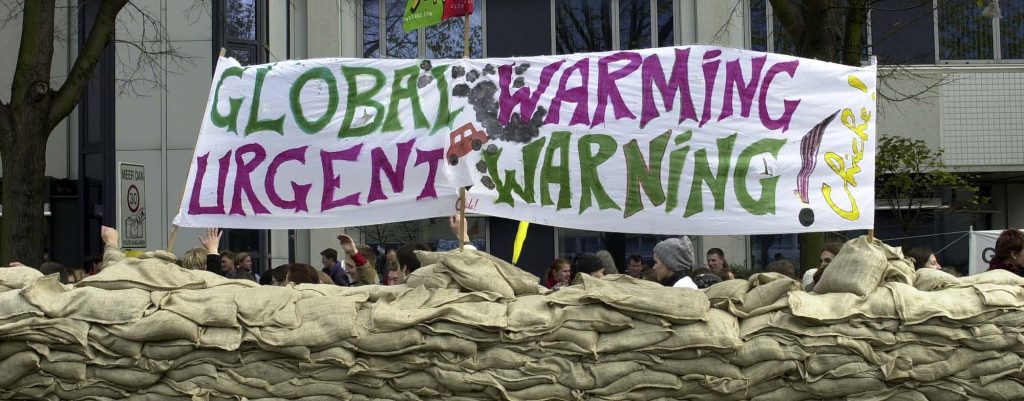European governments are being warned of the dangers of their reliance on carbon trading and offsetting of emissions as they meet to discuss climate change in Luxembourg today. With six weeks to go before crucial international climate talks in Mexico, Friends of the Earth Europe is urging European Environment Ministers to resist industry pressure and commit to higher emissions reduction targets.
The Emissions Trading System (EU-ETS) is Europe’s principal policy mechanism for reducing emissions in the power generation and industrial sectors. Analysis by Friends of the Earth Europe shows that the EU-ETS is not delivering the CO2 cuts required by science, historical responsibility and sound financial practices. [1]
Over-reliance on carbon markets is also obstructing the use of other more effective policy measures such as regulation, investments, and taxation.
Europe must commit to at least 40% emissions cuts by 2020 without offsetting, says Friends of the Earth Europe. Its current target for 2020 is only 20%.
Brook Riley, climate campaigner for Friends of the Earth Europe said: “The ongoing love affair with carbon trading is obstructing real action on climate change. Paltry CO2 emissions caps and offsetting loopholes are cancelling out the emissions reductions science and climate justice demand. EU Environment Ministers must jointly call for an emissions target of at least 40% by 2020, and ensure that these cuts are made domestically.”
European Commission figures show that in the current phase of the EU-ETS, running from 2008 to 2012, seventeen out of twenty member states have negotiated a ‘cap’ on their emission limits that are actually higher than measured emissions in 2005. This will allow them to increase emissions over the coming years, or ‘bank’ permits for use in future phases.[2] The availability of international offsetting credits within the EU-ETS also represents a massive loophole within the system. Buying credits from the United Nations’ Clean Development Mechanism means that companies are able to avoid making domestic cuts, while the projects that they are funding frequently fail to reduce emissions in developing countries, and may also cause significant social and environmental problems.
EU proposals to push for the increased use of carbon trading by joining up the EU-ETS with other national carbon markets, particularly in Asia, will multiply the problems with the EU-ETS, and bring further loopholes into the system. Carbon markets cannot be a replacement for mandatory targets under a binding international agreement, and adequate and appropriate public funding for climate finance in developing countries.
Any increase in the scale of the carbon markets is also likely to popularise the use of highly complex financial instruments – risking the creation of a carbon bubble with far greater economic, political and environmental consequences than the subprime crash, warns Friends of the Earth Europe.
***
Notes:
[1] Friends of the Earth Europe’s briefing ‘The EU Emissions Trading System; failing to deliver’ is online here. [2] The campaigning and research organisation Sandbag estimates that 2012 emission cuts will total less one third of 1 percent relative to 2005 levels. Ref. Sandbag, “Cap or Trap”: http://sandbag.org.uk/files/sandbag.org.uk/caportrap.pdf





